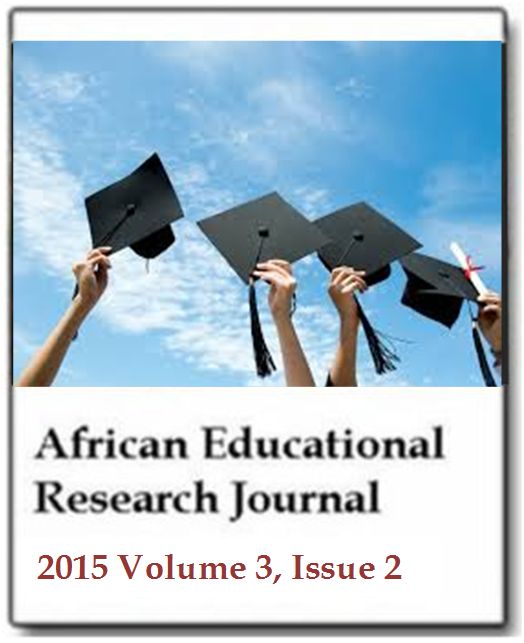Impact analysis of land boundary dispute cases emanating from attenuated consanguinity in colonial Yorubaland
Dolapo Zacchaeus OlupayimoAfrican Educational Research Journal
Published: April 24 2015
Volume 3, Issue 2
Pages 111-116
Abstract
The primordial forms of human society were “Ajobi” and “Ajogbe” and the English equivalent of these two Yoruba conception of the social structure are consanguinity and co-residentship (Akiwowo, 1980). While consanguinity describes the collateral relationship based on blood, co-residentship explains the fact of sharing contiguous shelter whether or not the persons concerned are blood relations. The present writer argues with the aid of selected litigated boundary dispute cases that the ideal of consanguinity was threatened to the point of attenuation during the colonial days. In many of the cases, land disputes borders on unacceptable boundary shifting or its unilateral adjustments. An impact analysis of such disputes is here attempted with a view to bringing out the effects of attenuation on consanguinity. The paper adopts a historical method where historical facts are juxtaposed to elicit the correct position. Findings revealed that litigated land boundary disputes actually caused attenuated consanguinity during the colonial days in Yorubaland.
Keywords: Consanguinity, co-residentship, Yorubaland.
Full Text PDF
